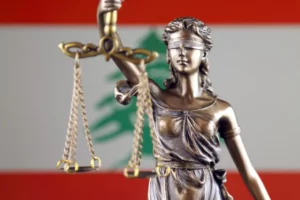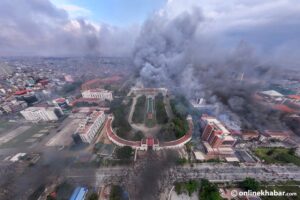
May 3, 2021 | Advocacy, Open letters
In a letter of 3 May, the ICJ called on the Non-Executive Chair of the Multichoice Group, and the board of directors to immediately suspend Emmanuel TV on any of the DSTV platforms for broadcasting of televangelist Pastor TB Joshua’s multiple video clips ostensibly depicting a violent ‘conversion therapy’ and hate speech against LGBT persons amounting to human rights abuses.
One of the videos, shows Joshua slapping and pushing a woman at least 16 times, and telling her: “There is a spirit disturbing you. She has transplanted herself into you. It is the spirit of woman.”
By broadcasting Joshua’s channel, which openly advocates hatred against, and causes harm to, LGBTI persons, Multichoice Group’s actions are inconsistent with human rights law and standards, the South African Constitution and domestic legislation, which all proscribe discrimination based on sexual orientation.
The ICJ therefore urged Multichoice to urgently take the following steps to remedy this situation:
1. Immediately suspend Emmanuel TV on any of the DSTV platforms including Channel 309.
2. Immediately remove the offending video clips and provide an undertaking not to air them or similar offensive materials again.
3. Offer an apology from Multichoice Group to the LGBT persons.
4. Undertake an updating of the MultiChoice Group’s internal policies to bring them in line with human rights standards, the South African Constitution, and local laws on non-discrimination.
To read the full letter, click here.
Contact
Kaajal Ramjathan-Keogh, ICJ Africa Director, Kaajal.Keogh(a)icj.org
Tanveer Jeewa, Legal and Communications Officer, Tanveer.Jeewa(a)icj.org
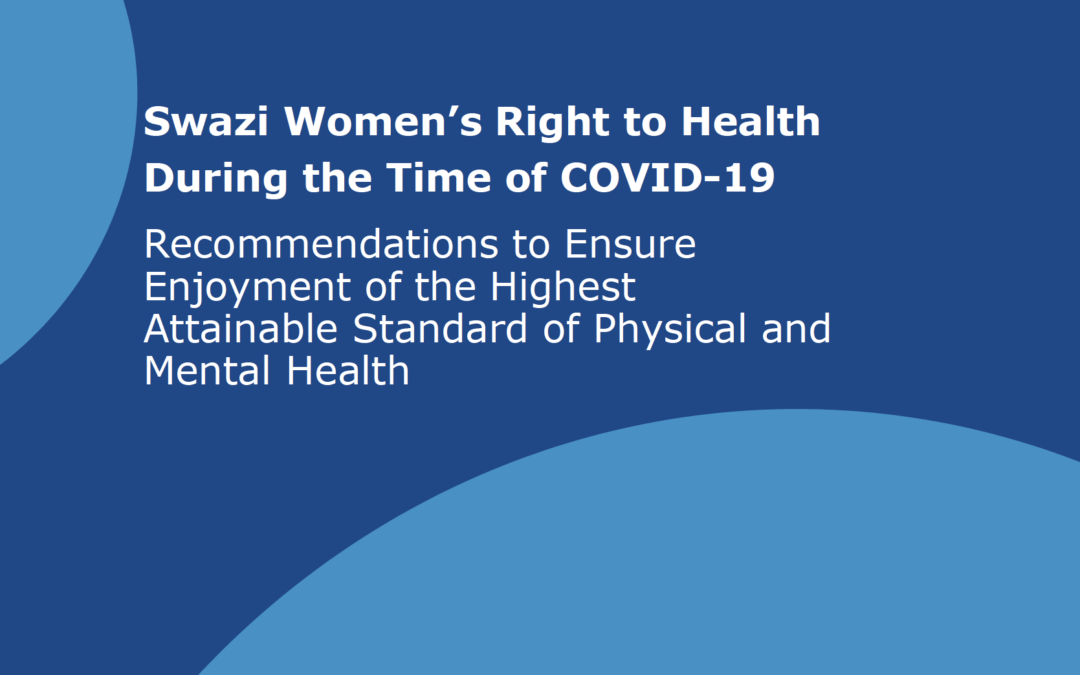
Mar 8, 2021 | Advocacy, Analysis briefs
On International Women’s Day 2021, the ICJ publishes a paper considering the ways in which women in Eswatini face systematic discrimination in laws and practices, in violation of the country’s obligations under international human rights law with respect to women and girls’ right to health, including sexual and reproductive health.
The publication concludes with recommendations to the Eswatini authorities on how they may enhance women and girls’ ability to fully and equally benefit from and enjoy their right to health and their other human rights without discrimination.
The paper is entitled “Swazi Women’s right to health during the time of COVID-19: Recommendations to ensure enjoyment of the highest attainable standard of physical and mental health”. It was launched through a conversation with Zanele Thabede-Vilakati, the National Director of Women and Law in Southern Africa (WLSA) Research and Educational Trust in Eswatini. In the discussion, Thabede-Vilakati outlined the obstacles faced by Swazi women before and after the COVID-19 pandemic. Talking about the ICJ publication, she added:
“The ICJ report on Swazi Women’s Right to Health during COVID-19 is an in-depth observation of all the issues which women face in their daily lives in getting access to their basic right to health. The recommendations made by the ICJ can only enrich Eswatini authorities’ approach to protecting and empowering women and I hope that they take these recommendations on.”
The report considers Eswatini’s obligations not only under national law, including under the Swazi Constitution, but also under international law in an effort to assess whether Eswatini is complying with its human rights obligations.
The report reflects on the obstacles that Swazi women have faced before and during the COVID-19 pandemic in exercising their right to health. Some of the key human rights concerns include: lack of access to sexual and reproductive healthcare; the high prevalence of HIV/AIDS among Swazi women; obstacles in accessing sexual and gender-based violence-related healthcare services; and inadequate access to shelters and housing for women in Eswatini.
Based on the publication’s assessment, recommendations are addressed to Eswatini authorities for specific measures to be taken to protect women, as well as meet Eswatini’s obligations under national, regional and international law.
Speaking about the report, ICJ’s Africa Regional Programme Director, Kaajal Ramjathan-Keogh stated,
“The right to health is a crucial right to everyone, but in a country such as Eswatini – one of the most severely HIV affected countries in the world – women’s right to health is a priority as women remain disproportionally affected by HIV. We hope that this report and its recommendations cause the relevant actors to reflect on ways in which they can assist Swazi women, especially in light of the increased obstacles that women have faced in accessing their right to health due to the COVID-19 pandemic.”
In order to realize the right to health of women and girls in Eswatini, the report recommends that the Eswatini authorities take certain measures, including the following:
- Ensure access to family planning health services for all women and LGBT persons;
- Parliament must enact domestic legislation, which clarifies the circumstances under which abortion is legally available to women;
- Ensure all health facilities, throughout the country, are equipped with all essential medicines;
- Guarantee access to information and education on sex, sexuality, HIV, sexual and reproductive rights especially for adolescents and youth;
- Prioritise the provision of pre- and post-natal healthcare services in a manner that does not risk COVID-19 transmission; and
- Repeal discriminatory laws, policies and practices in the area of sexual and reproductive health, including restrictive abortion laws and laws and policies that discriminate against LGBT persons;
- Adopt legislation providing for legal aid to enable victims of gender-based violence to be better able to access justice and effective remedies for SGBV, including through courts;
- Ensure comprehensive services for survivors of sexual and gender-based violence are available during the pandemic;
- Increase access to healthcare services for victims and survivors of gender-based violence, including medical and psychosocial support and ensure adequate rape kits in all health centres; and
- Increase access to shelters and alternative accommodation for victims of gender based and domestic violence in Eswatini, including accommodation or shelters that should be made available in all parts of the country.
Background
Eswatini is a monarchy. Under its Constitution, customary law, except insofar as it is inconsistent with the former, is recognized as part of Eswatini’s legal system in addition to common law and statutory law. Eswatini is party to several binding international, including regional, human rights treaties guaranteeing the right to health, including sexual and reproductive health, for everyone, including women and girls. Irrespective of the protections afforded in Eswatini’s domestic legal system, as a matter of international human rights law, Eswatini is bound to fulfil its obligations to realize the right to health, including sexual and reproductive health.
Contact
Nokukhanya (Khanyo) Farisè, Legal Adviser (Africa Regional Programme), e: nokukhanya.farise(a)icj.org
Tanveer Jeewa, Communications Officer (Africa Regional Programme), e: tanveer.jeewa(a)icj.org
Download
Eswatini-Swazi Women Right to Health during COVID19-Report-2021-ENG
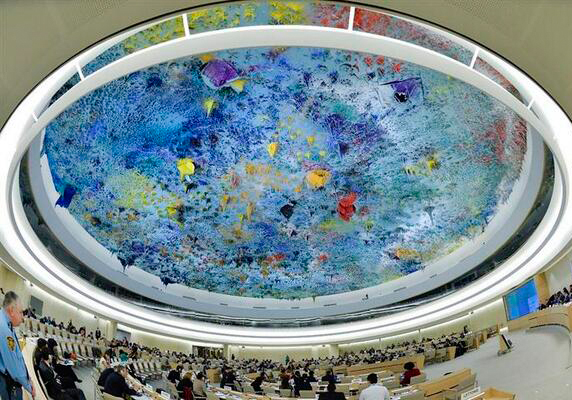
Feb 5, 2021 | Advocacy, Non-legal submissions
Today, the ICJ and other human rights NGOs have written to UN Member States to call for a renewal of the mandate of the UN Commission on Human Rights in South Sudan.
The joint letter highlights the existing remaining concern on the human rights situaion in South Sudan and provide with key recommendation for its functioning.
Find the joint letter here: SouthSudan-UN-JointLetter-Advocacy-NonLegal-2021-ENG
Contact:
Massimo Frigo, ICJ UN Representative, e: massimo.frigo(a)icj.org, t: +41797499949
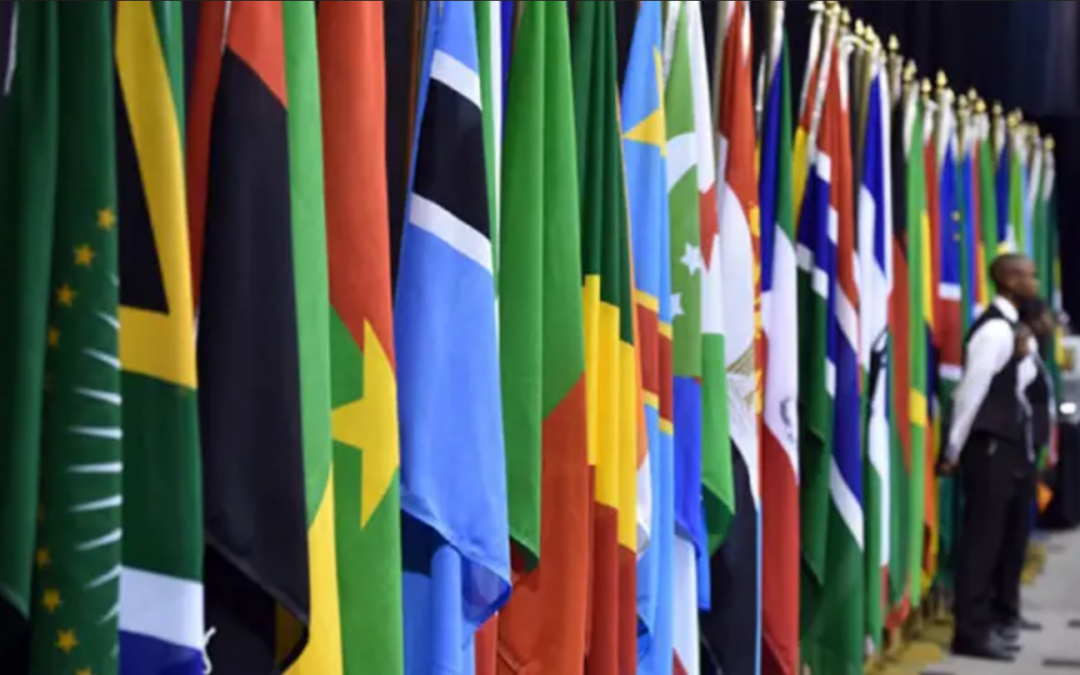
Feb 4, 2021 | Advocacy, News
The ICJ, in a letter to the Chairperson of the African Union, recommended that the African Union acknowledge that COVID-19 vaccines are a “public good” and all States must ensure access to these vaccines in order to realize the human rights of their inhabitants.
The African Charter on Human and People’s Rights, to which most AU Member States are Party, provides that “every individual shall have the right to enjoy the best attainable state of physical and mental health” (Art 16(1)). The Charter also places an obligation on the States Parties to take all “necessary measures to protect the health of their people and to ensure that they receive medical attention when they are sick” (Art 16(2)).
This obligation must be understood consistently with the equivalent Article 12 of the International Covenant on Economic, Cultural and Social Rights (ICESCR), to which most AU Member States are also Party. That provision protects the right to the “highest attainable standard of physical and mental health”, and requires States to take all necessary measures to realize this right including to ensure “the prevention, treatment and control of epidemic, endemic, occupational and other diseases” (Art 12(1)(c)). Vaccines, for some such diseases including COVID-19, are necessarily an integral part of prevention, treatment and control.
“It is essential for the process of vaccine procurement and allocation to be in line with international human rights standards. The African continent and its people cannot afford to be left behind, and the best way to ensure that does not happen is to move forward and prioritize each individuals right to health and corresponding human rights.” –
Justice Sanji Monageng, ICJ Commissioner, Botswana
Therefore, under these treaties and other internationally binding human rights law, it is clear access to certain vaccines is necessary to fulfill a human right, must not be seen as a privilege. Vaccines are a public good and should be treated as such by States. This understanding was affirmed by the UN Committee on Economic, Social and Cultural Rights (CESCR) in December in a statement on universal and equitable access to vaccines. CESCR stressed that: “every person has a right to have access to a vaccine for COVID-19 that is safe, effective and based on the application of the best scientific developments”. It further implored States to “give maximum priority to the provision of vaccines for COVID-19 to all persons”.
Recommendations of the International Commission of Jurists
The AU will be expected by the constituents of its Members to fulfil its proper leadership function in terms its Constitutive Act an ensure the promotion and protection of human rights in Africa. To this end, the ICJ calls upon the AU to adopt resolutions:
- Calling on all member States to ensure that their COVID-19 responses, including vaccine acquisition and distribution, comply with international human rights law and standards including those particularly relating to the rights to health and to duty ensure this right is realized through international cooperation.
- Calling on all member States to endorse and fully participate in the WHO’s COVID-19 Technology Access Pool.
- Calling on all member States to openly support the approval and implementation of a waiver of intellectual property rights in terms of the TRIPS agreement in order to ensure equitable and affordable access of COVID-19 vaccines and treatment for all.
- Calling on all member States to urgently publish public, comprehensive vaccine rollout plans and transparently provide clear and full health-related information to their populations.
- Calling on all participants in COVAX to endorse and fully participate in the WHO’s COVID-19 Technology Access Pool.
- Calling on the WTO to respond expeditiously and favourably to the proposal communicated by India and South Africa for waiver of IP protection for vaccines.
To read the full submission, click here.
Contact
Kaajal Ramjathan-Keogh, ICJ Africa Director Kaajal.Keogh(a)icj.org +27 84 5148039
Tanveer Jeewa, Media and Legal Consultant Tanveer.Jeewa(a)icj.org
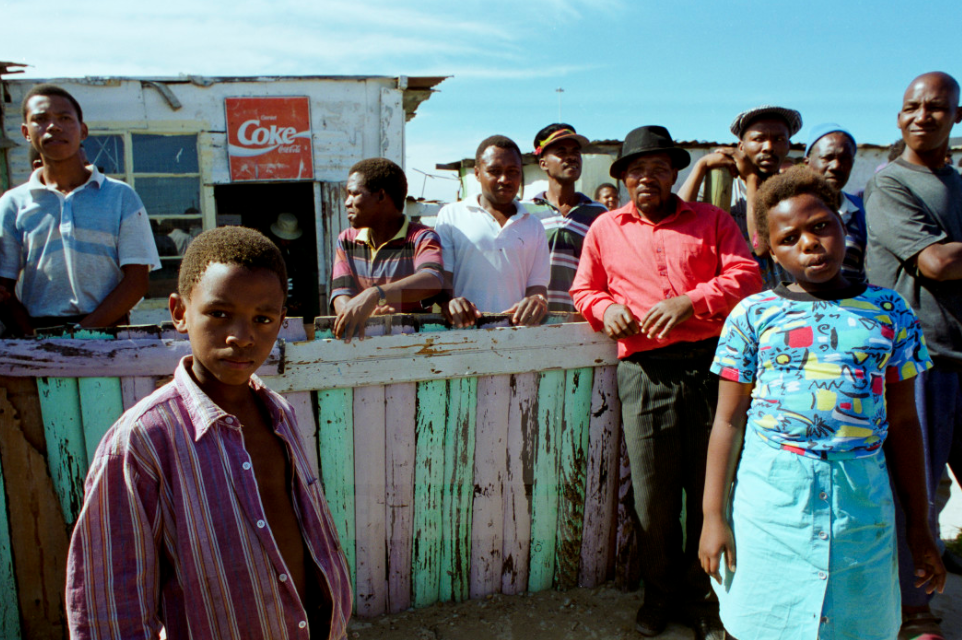
Oct 30, 2020 | Advocacy, Non-legal submissions
The Gauteng Township Economic Development Bill aims to promote local economic development in designated townships by creating and facilitating the creation of viable township businesses. The Bill establishes a Development Fund whose economic benefits and incentives are strictly reserved for citizens and permanent residents only.
The Bill would prohibit most non-citizens from large swathes of economic activity.
“This would include documented non-citizens like asylum seekers and refugees most of whom are not eligible for social assistance. It might prevent many non-citizens from making a living and could leave many destitute and homeless,” the ICJ Africa Director Kaajal Ramjathan-Keogh said.
“The Bill might also fuel existing xenophobic sentiment and could result in recurrences of xenophobic violence. Courts in South Africa have repeatedly warned government officials and departments against conduct that risks perpetuating xenophobia.”
If this Bill were to be enacted, South Africa would fall short of its requirements under both national and international law.
The ICJ has thus submitted their comments to the Gauteng Provincial Government, which you can find below.
Watch the animation on this issue

Sep 8, 2020 | Advocacy, News
The ICJ, in collaboration with the Zimbabwe Anti-Corruption Commission (ZACC), today launched a whistleblowing application (tip off) mechanism in Harare.
It is common that people reporting corruption, tipping off and submitting key evidence prefer to stay anonymous, as they may have an often, well-founded, fear of reprisal by the parties involved. In such instances it is imperative for the ZACC to adopt a protective solution that guarantees user anonymity. This tip off mechanism will enable ZACC to receive information and evidence securely while the user of the mechanism remains anonymous. In turn ZACC will be able to use the information received to investigate and prosecute cases of corruption. Additionally, the application will also have a case management dashboard which will aid evaluation of ZACC’s efficiency in handling corruption cases.
Corruption undermines the rule of law by impeding access to justice through diversions of public resources for private gain. As such, the ICJ, through the support by the EU, is working towards increased transparency and integrity in the justice delivery system in order to increase access to justice for all. The whistleblowing application is not undertaken in isolation, as it builds on other initiatives to combat corruption under this programme, which include the Anti-Corruption Campaign, establishment of an anti-corruption court, capacity building, and various research initiatives.
“Corruption remains a key challenge confronting Zimbabwe. If unabated, corruption undermines democracy and the rule of law leading to violations of human rights. Its destructive effect on development disproportionately affects the poor. The participation of the public, in augmenting government efforts in combating corruption is therefore critical. It is our hope that through this awareness programme, ordinary members of the public will be able to recognize corrupt behaviour and feel empowered to take a stand against it. Further, we hope that the mechanism will sustain the momentum against corruption and increase the demand for improved accountability and transparency in various sectors in Zimbabwe thereby contributing to reduction of corruption,” said Blessing Gorejena, ICJ’s Zimbabwe Project Team leader.
Once officially launched, the whistle-blowing mechanism will be available to the public. It will be promoted and encouraged by publicizing stories of successful prosecutions and other actions as a result of information provided by whistle-blowers, as well as reporting on the effective protection of such persons from any form of reprisal or other harm.
The project is facilitated through the support of the European Union.
Contact:
Blessing Gorejena, Senior Legal Adviser and Team Leader of ICJ Zimbabwe Project, t:0772151989, e: blessing.gorejena(a)icj.org







